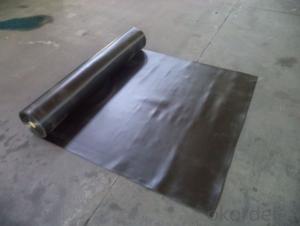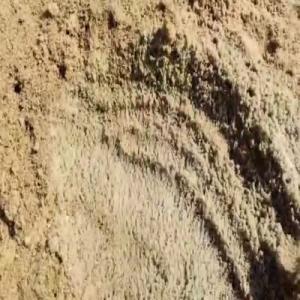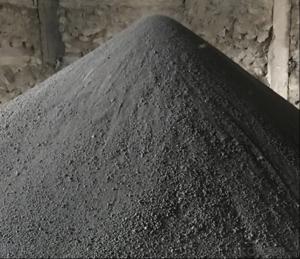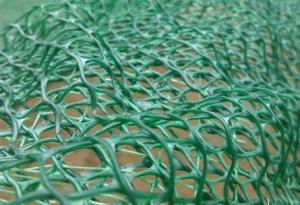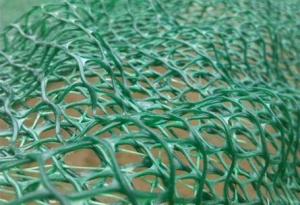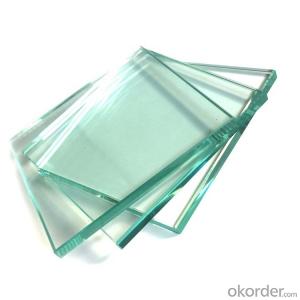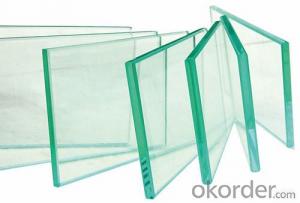EPDM Rubber Coiled Waterproof Membrane for Factory Ground
- Loading Port:
- Shanghai
- Payment Terms:
- TT OR LC
- Min Order Qty:
- 50000 m²
- Supply Capability:
- 5000000 m²/month
OKorder Service Pledge
OKorder Financial Service
You Might Also Like
EPDM Rubber Coiled Waterproof Membrane for Factory Ground
Description Of EPDM Rubber Coiled Waterproof Membrane for Factory Ground:
•EPDM waterproof sheet has excellent anti-ozone-aging performance, able to resist ultraviolet light and corrosion of many chemical corrosive materials in the atmosphere
•It has high tensile strength, high ductility and strong retractility, it has excellent crack resistance, able to effect waterproof function even with tiny vibration of buildings.
• Excellent resistance to ozone, oxidation and sunlight.
• Resistance to chemicals; resistant to most inorganic products.
Main Features of EPDM Rubber Coiled Waterproof Membrane for Factory Ground:
1>Excellent antiaging performance, service life up to 50 years
2>Working well with in 40C to 100C,it canbe constructed with a single layer in ambient temperature.
3>Waterproofing on various kinds of underground project,industrial of civil buildings and structures.
4>high extension rate, high tensile strength, small size changes at heat treatment
5>Good plant roots penetrability resistance and can be made waterproofing layer of planting roof
6>Special modified molecular structure ,effectively resolving the current domestic and foreign glue joint problem.
7>Good low temperature flexibility, and good performance of adapting to ambient temperature changes.
8>Convenient application ,solid joint, no environment pollution
9>chemical corrosion Resistance, can be used for special occasions
10>Convenient maitenance, low cost.
Specifications of EPDM Rubber Coiled Waterproof Membrane for Factory Ground:
| Material | EPDM Rubber |
| Size | 1.2m (width)*20m (length) or customized, weldable type 2.05m or 4m width |
| Thick | 1.2mm, 1.5mm, 2.0mm |
| Type | Vulcanized & Weldable |
| Pattern | Non-reinforced (homogeneous) |
| Certificate | ISO9001/14001 |
Applications of EPDM Rubber Coiled Waterproof Membrane for Factory Ground:
Widely used in roofs, basement, toilet ,swimming pool, and all kinds of industry and civil building waterproofing, reservoir, vivicism, bridge, underground, tunnel and dam waterproofing ,especially to the keystone waterproofing projects which is durability, high corrosion resistance and easy deformation.
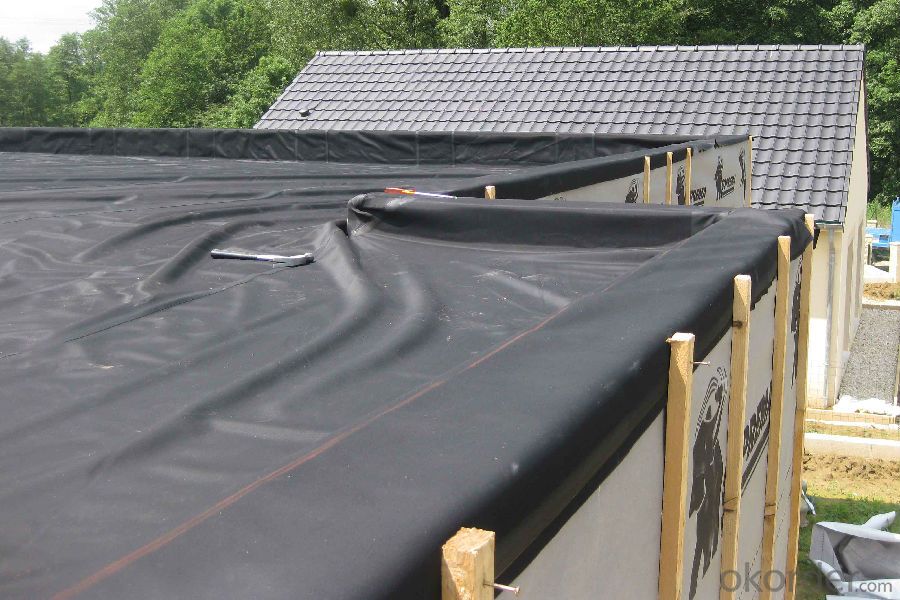
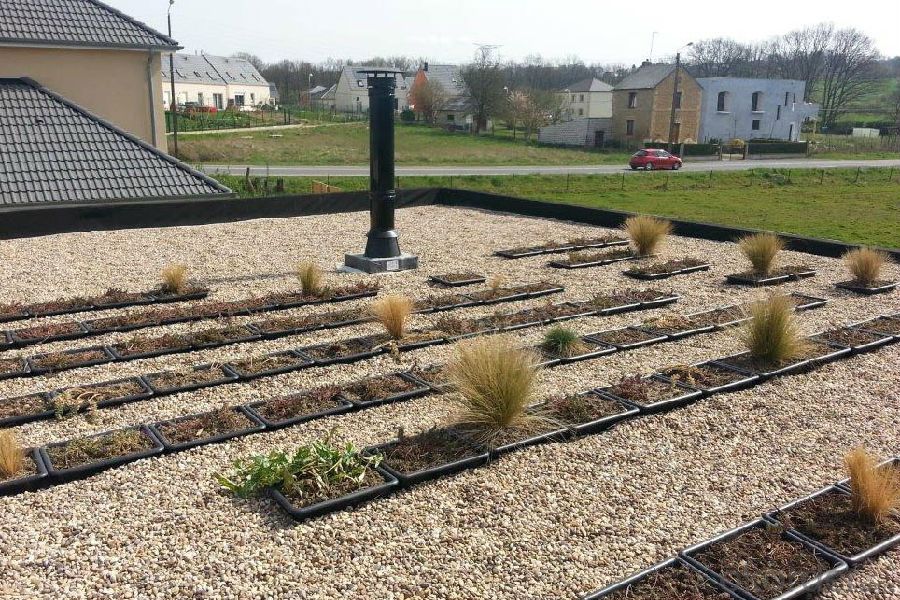
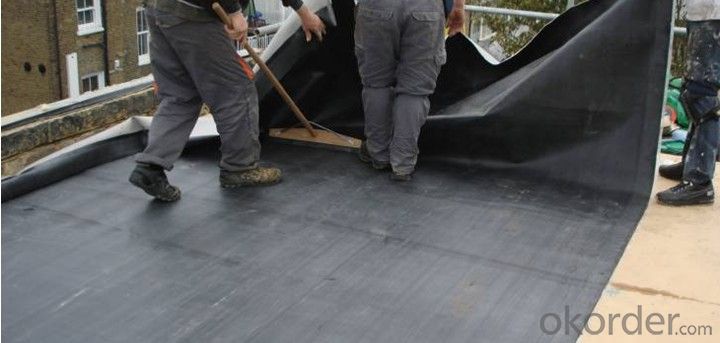
IMages of EPDM Rubber Coiled Waterproof Membrane for Factory Ground:
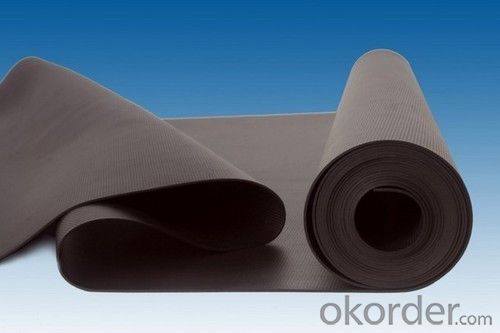
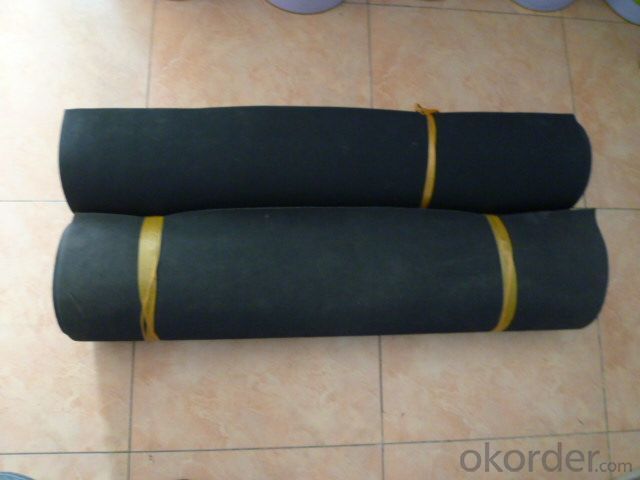
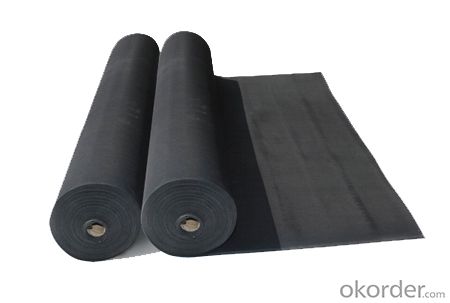
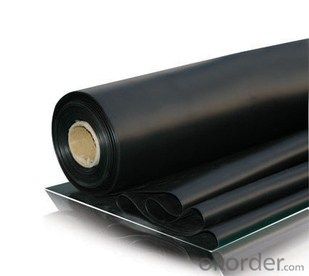
FAQ of EPDM Rubber Coiled Waterproof Membrane for Factory Ground:
1. What are we supplying?
We are specialized in producing Colorful Asphalt Roof Shingle, SBS/APP modified bitumen waterproof membrane, Self adhesive bitumen waterproof membrane, PVC waterproofing membrane, EPDM rubber roofing membrane, Single Component Polyurethane Waterproof Coating, and Spray Polyurea Waterproof Coating
.
2. How Many years experience do we have?
We have been exported to more than 20 countries in the past 15 years.
3. How long do we usually reply your request?
We always reply our customer within 24 hours.
- Q:What is the purpose of a waterproofing membrane?
- The purpose of a waterproofing membrane is to protect buildings and structures from water infiltration and damage. It is designed to create a barrier that prevents water from penetrating into the interior spaces or causing structural deterioration. Waterproofing membranes are commonly used in areas such as basements, roofs, walls, and foundations, where water intrusion is a common concern. By effectively sealing surfaces and preventing moisture penetration, a waterproofing membrane helps to maintain the integrity and longevity of a structure. Additionally, it helps to prevent the growth of mold and mildew, which can be harmful to both the building and its occupants. Overall, the purpose of a waterproofing membrane is to ensure the durability, safety, and longevity of a structure by providing effective protection against water damage.
- Q:Can waterproofing membranes be used on underground tunnels?
- Yes, waterproofing membranes can be used on underground tunnels. These membranes are specifically designed to provide protection against water infiltration and can be applied to the tunnel walls and floors to prevent water ingress. The membranes create a barrier that keeps the tunnel dry, ensuring its structural integrity and preventing damage from moisture.
- Q:Is a waterproofing membrane resistant to chemicals?
- Yes, a waterproofing membrane is typically resistant to chemicals. Waterproofing membranes are designed to provide a protective barrier against water and other liquids, including chemicals. These membranes are made of materials that are chemically resistant, such as PVC (polyvinyl chloride), TPO (thermoplastic olefin), or EPDM (ethylene propylene diene monomer). These materials have excellent resistance to a wide range of chemicals, including acids, alkalis, solvents, and oils. Additionally, waterproofing membranes undergo rigorous testing to ensure their chemical resistance and durability. However, it is important to note that the specific chemical resistance may vary depending on the type and quality of the membrane. It is always recommended to consult the manufacturer's specifications and guidelines to ensure the membrane's compatibility with specific chemicals.
- Q:Can a waterproofing membrane be used on wood block surfaces?
- Yes, a waterproofing membrane can be used on wood block surfaces. The membrane acts as a protective barrier, preventing water penetration and potential damage to the wood. It is a common practice to use waterproofing membranes on wood block surfaces in order to enhance their durability and longevity.
- Q:Can a waterproofing membrane be used in bathrooms or showers?
- Yes, a waterproofing membrane can be used in bathrooms or showers. In fact, it is highly recommended to use a waterproofing membrane in these areas to prevent water damage and leakage. A waterproofing membrane acts as a barrier that prevents water from penetrating through the walls, floors, and other surfaces in the bathroom or shower. It is typically applied before tiling or finishing the surfaces, providing an extra layer of protection against moisture and ensuring that the underlying structure remains dry. This not only helps to prevent mold and mildew growth but also prolongs the lifespan of the bathroom or shower.
- Q:Can a waterproofing membrane be used in planters or garden beds?
- Yes, a waterproofing membrane can be used in planters or garden beds to prevent water leakage and protect the surrounding areas. It helps to retain moisture in the soil and prevents water damage to the planter or garden bed structure.
- Q:Can a waterproofing membrane be used on tunnels with ventilation systems?
- Yes, a waterproofing membrane can be used on tunnels with ventilation systems. In fact, it is commonly used to prevent water infiltration and protect the structure of the tunnel. The membrane is installed on the exterior walls and ceiling of the tunnel, ensuring that any water that may enter is diverted away from the tunnel and its ventilation system. This helps to maintain the integrity of the tunnel and ensures proper functioning of the ventilation system.
- Q:Can a waterproofing membrane be used in conjunction with a drainage system?
- Yes, a waterproofing membrane can be used in conjunction with a drainage system. In fact, it is often recommended to use both together for effective waterproofing and drainage in areas such as basements, roofs, and foundations. The waterproofing membrane acts as a barrier to prevent water from seeping through the surface, while the drainage system helps to remove any excess water that may accumulate. By combining these two systems, it ensures a comprehensive solution to protect the structure from potential water damage.
- Q:Can waterproofing membranes be used on buried pipelines?
- Yes, waterproofing membranes can be used on buried pipelines. These membranes create a barrier that prevents water from infiltrating the pipeline, protecting it from corrosion and other forms of damage.
- Q:Can a waterproofing membrane be used on fiberglass surfaces?
- Indeed, it is possible to utilize a waterproofing membrane on surfaces made of fiberglass. Fiberglass, being non-porous in nature, lacks the ability to absorb or retain water. Nonetheless, it remains vulnerable to water damage if not appropriately safeguarded. By applying a waterproofing membrane onto fiberglass surfaces, an additional barrier is established, thereby obstructing water infiltration and potential harm. This is particularly crucial in areas such as bathrooms, showers, or swimming pools, where fiberglass is commonly employed. The function of the waterproofing membrane is to serve as a safeguarding layer, assuring the preservation of dryness in the fiberglass and the prevention of any prospective water-related predicaments, including leakage, mold formation, or deterioration.
1. Manufacturer Overview |
|
|---|---|
| Location | |
| Year Established | |
| Annual Output Value | |
| Main Markets | |
| Company Certifications | |
2. Manufacturer Certificates |
|
|---|---|
| a) Certification Name | |
| Range | |
| Reference | |
| Validity Period | |
3. Manufacturer Capability |
|
|---|---|
| a)Trade Capacity | |
| Nearest Port | |
| Export Percentage | |
| No.of Employees in Trade Department | |
| Language Spoken: | |
| b)Factory Information | |
| Factory Size: | |
| No. of Production Lines | |
| Contract Manufacturing | |
| Product Price Range | |
Send your message to us
EPDM Rubber Coiled Waterproof Membrane for Factory Ground
- Loading Port:
- Shanghai
- Payment Terms:
- TT OR LC
- Min Order Qty:
- 50000 m²
- Supply Capability:
- 5000000 m²/month
OKorder Service Pledge
OKorder Financial Service
Similar products
New products
Hot products
Related keywords
